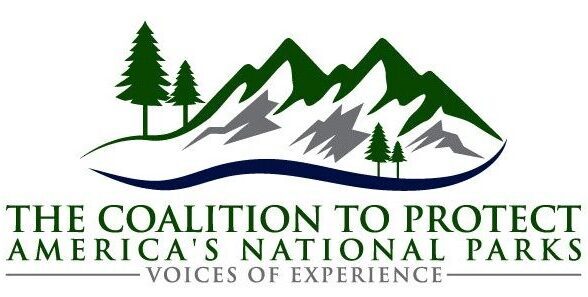From the majestic peaks of the Great Smoky Mountains National Park to the unparalleled beaches of Cape Hatteras National Seashore, millions of Americans visit North Carolina’s national parks each year to enjoy the natural beauty, culture, history, and recreation they offer. I spent more than four decades with the National Park Service, much of it managing park units in North Carolina. Over those decades, I saw firsthand how dedicated employees worked not only as stewards of our public lands, but also as vital supporters of the communities that surround them.
That’s why it’s alarming to see the Trump administration take a sledgehammer to the federal workforce. As North Carolina continues to recover from Hurricane Helene and begins the cleanup from Hurricane Erin, these staffing cuts aren’t just endangering our parks, they’re threatening the local revenue that visitors bring, just when communities need it most.
In North Carolina, parks bring around $4 billion in economic benefits each year — money that’s crucial as our state recovers from disaster. These dollars directly sustain 38,000 jobs, ranging from hotel and restaurant workers to local tour guides and retail staff. More broadly, tourism supports family-run businesses like diners, breweries, gear shops, craft stores, and bed-and-breakfasts and bigger opportunities like farmers markets and cultural festivals, which in turn draw more tourists to our state.
The return on investment is clear: Every dollar spent on our parks multiplies across industries, reinforcing the outdoor economy that has become a cornerstone of our state’s growth and resilience.
But parks need staff to operate, and the National Park Service has lost 24% of its permanent workforce since January 2025, and that’s in addition to the 20% decline since 2010, all while visitation has increased by 16%. This is beginning to impact parks around the country.
In a newly surfaced internal National Park Service report from July 2025, Great Smoky Mountains National Park — the most visited in the country — reported having to close campgrounds and reduce services for its bike days. At Zion National Park, cuts are already having serious consequences: a 10% reduction in search and rescue teams that will endanger the lives of visitors; reduced staffing at fee entrance locations that add up to $2 million in lost revenue this year alone; and maintenance staff forgoing their daily maintenance duties to conduct water testing. This could foreshadow the future of other national parks like Great Smoky Mountains as they continue to grapple with job vacancies and operate with limited capacity.
These staffing cuts are also threatening storm recovery directly. Nearly a year after Hurricane Helene struck in September 2024, portions of the Blue Ridge Parkway are still closed, with full reopening not expected until fall 2026. While the park has made great progress, recovery takes time, resources, and personnel.
Fewer staff means slower repairs and an even larger pile of deferred maintenance. North Carolina’s national parks already face a $646 million maintenance backlog, including a portion of the $557 million estimated for the Blue Ridge Parkway, a burden that will only grow if this workforce continues to be hollowed out. That backlog also has the potential to directly affect the millions of people who visit each year and the communities that depend on them. The Parkway welcomed nearly 17 million visitors in 2024, generating millions of dollars in local spending, but restricted access and deteriorated facilities could deter visitation.
As if National Park Service staff cuts weren’t enough, the administration is also proposing to offload some park units to states. Under state control, parks could lose out on the millions of dollars they receive every year from various federal programs and the emergency supplemental funds that the U.S. Congress routinely provides to federal parks after natural disasters. This unprecedented move would endanger North Carolina’s economy, putting at risk a major share of the billions in economic benefits generated by visitors to our state’s national parks.
North Carolinians know the value of our national parks. They are crown jewels in the National Park System and have served as important economic generators for decades. I urge Congress to act now and ensure our national parks are fully staffed and funded in order to serve the visiting public, protect resources, respond to emergencies, and safeguard these irreplaceable treasures for generations to come.
Phil Francis, former superintendent of the Blue Ridge Parkway and chair of the Coalition to Protect America’s National Parks.

